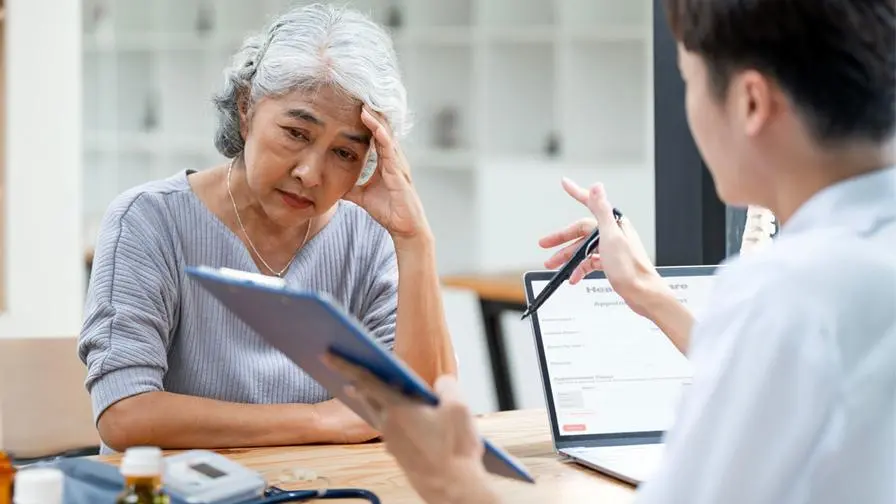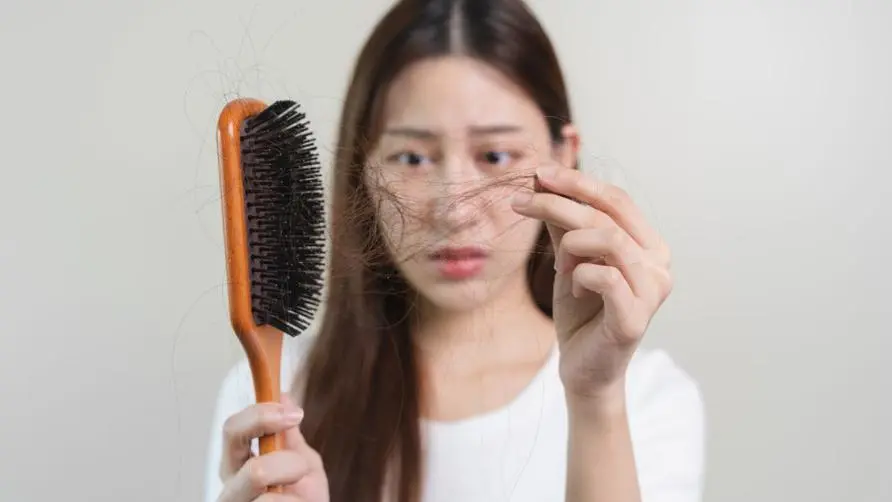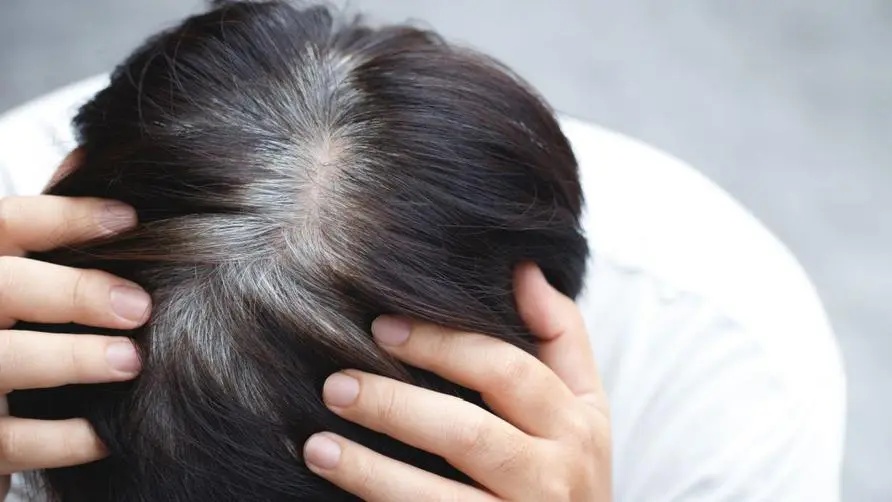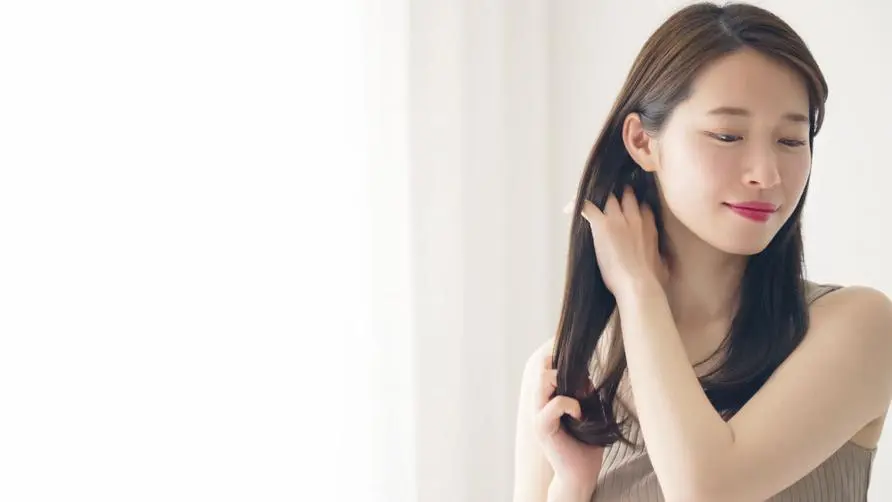Will dyeing your hair too often cause cancer? Is it safe to use natural dyes? Doctors clarify "4 major myths": allergies may occur if used incorrectly
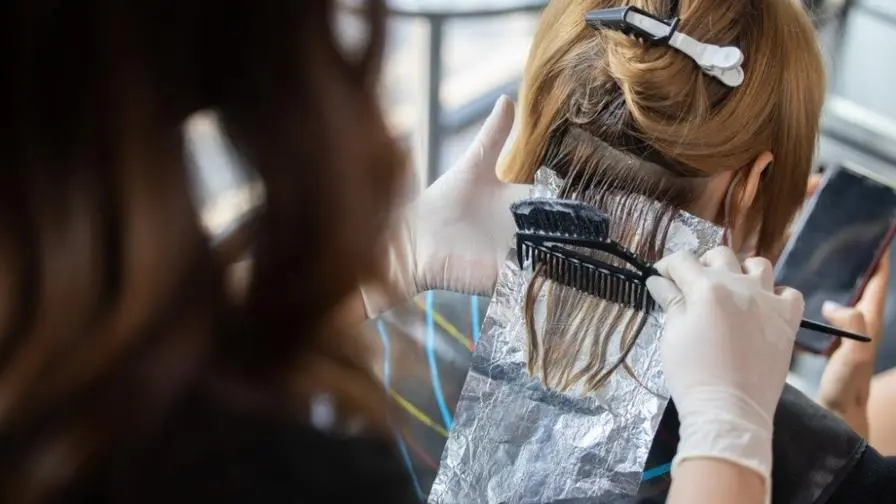
Many people who love beauty often use hair dyeing or hair care to make their appearance look more outstanding in pursuit of “high appearance.” However, there are rumors that dyeing hair too frequently can harm the body, so “vegetable dyeing” has mushroomed. Does plant dyeing really not affect the human body? Taiwan Ministry of Health and Welfare Food and Drug Administration and Taiwan Dermatology Association Dr. Cai Yishan said that even plant-based dyes that are known as natural dyes may still cause the risk of allergies.
Do I need to take care of my hair on the day I dye my hair? Doctors Answer Myths: No Hard Rules Needed
Dr. Cai Yishan pointed out that hair is composed of scale layer, cortex layer and medulla layer. Among them, the scale layer is composed of multiple layers of scales, covering the surface of the hair to protect the hair shaft. The process of hair dyeing is to allow the pigments or chemicals in the dye to penetrate the scale layer and enter the cortex layer to change the hair color. Different levels of hair dyeing, such as semi-permanent or permanent hair dyeing, are mainly due to different dye ingredients, resulting in differences in the depth of the dye adhering to the hair.
“Many hair salons have a saying: ‘Hair dyeing will damage the hair, so you must take care of your hair on the same day’!” Dr. Cai Yishan explained that hair dyeing and hair care (hair repair tablets) are not directly related, and there is no need for hard and fast rules. Processed on the same day. The store recommends not washing your hair for 48 hours to allow the dye to stabilize and reduce damage to the hair scales and scalp irritation. If you want to wash your hair, use a milder shampoo to reduce damage to the scalp or hair.
Can so-called “natural dyes” still cause allergies? Medical reminder: The most serious fear is “blistering on the scalp”
For the sake of good health, certain ethnic groups will choose plant dyeing or mineral dyeing to avoid chemical ingredients such as PPD (para-phenylenediamine). However, “natural” does not mean completely harmless, and some so-called natural dyes may still cause allergic reactions. Dr. Cai Yishan gave an example. Henna (henna) is made from the leaves of henna. It is often used as a natural color for body painting in India, and skin allergies often occur.
In addition, people have used natural hair dyes and come to see a doctor for itching, rashes, and even blisters on their scalps. Therefore, whether it is plant dyeing or chemical dyeing, there is a risk of allergies. Even if it is advertised as “natural plant dyeing”, it cannot guarantee that it is harmless to everyone. The Food and Drug Administration also reminds that natural “does not mean non-allergenic”, nor is it guaranteed to be 100% safe; everyone may have different reactions to hair dyes, so caution must still be used when using them.
Will hair dyeing increase the risk of bladder cancer? People should pay attention to 4 important things
In addition to the possibility of causing skin allergies, previous literature has shown that excessive hair dyeing may increase the risk of “bladder cancer.” Dr. Cai Yishan clarified that according to recent research, as long as you follow the safe use instructions of the product, maintain a good metabolism of the body, and wait at least 3 months between hair dyes, you do not need to worry too much about cancer.
However, the Food and Drug Administration reminds people that if you experience any discomfort on your scalp during the hair dyeing process, such as eczema, itching, folliculitis, wounds, or those who are pregnant or breastfeeding, it is not recommended to dye your hair. If you want to dye your hair, you should seek medical advice and treatment first, and wait until your scalp is healthy before dyeing your hair. Dr. Cai Yishan said that people should pay attention to the following four points when choosing and using hair dye:
Choose hair dye products carefully. Avoid using products with unclear labels and unknown origins, and choose hair dyes with fully labeled ingredients.
Take in more water. Drink plenty of water on the day you dye your hair to increase your metabolism.
Test for allergic reactions. Before dyeing your hair, do a skin sensitivity test on areas such as behind your ears or on your wrists to make sure the product won’t cause an allergic reaction.
Seek medical attention immediately if you have symptoms. If you have any adverse reactions such as rash, itching, scaling, or blisters after use, please seek medical attention immediately to avoid more serious symptoms or hair loss crisis.
Finally, Dr. Cai Yishan suggested that if gray hair or original hair color continues to form after hair dyeing, you can use temporary colorants instead of hair dyeing. It can effectively cover the new hair roots and does not require too frequent hair dyeing. It is a relatively safe method. In addition, if you have any concerns before dyeing your hair, it is recommended to consult a dermatologist in advance to achieve a bright appearance and protect your own health.
Source:
Extended reading:
